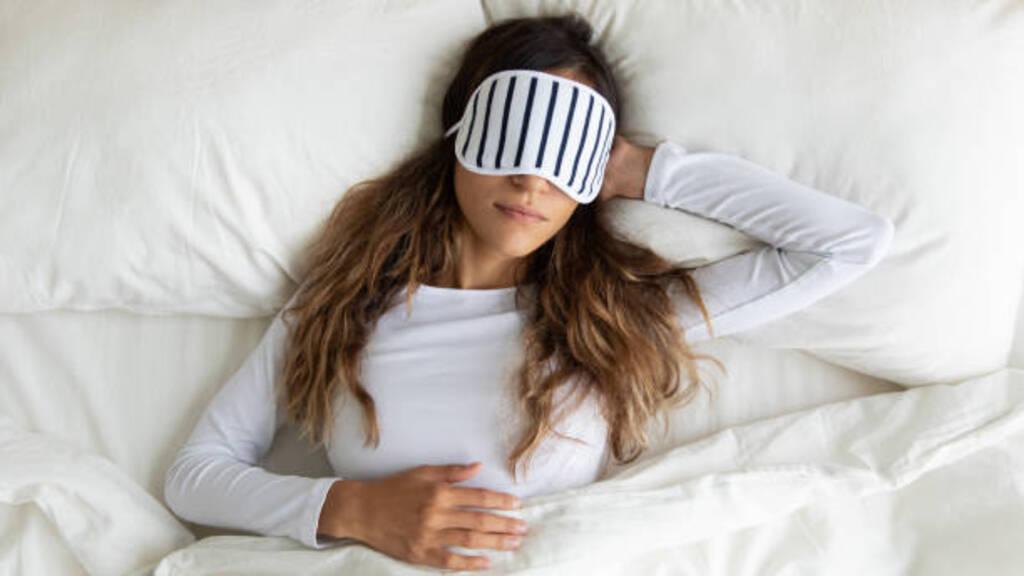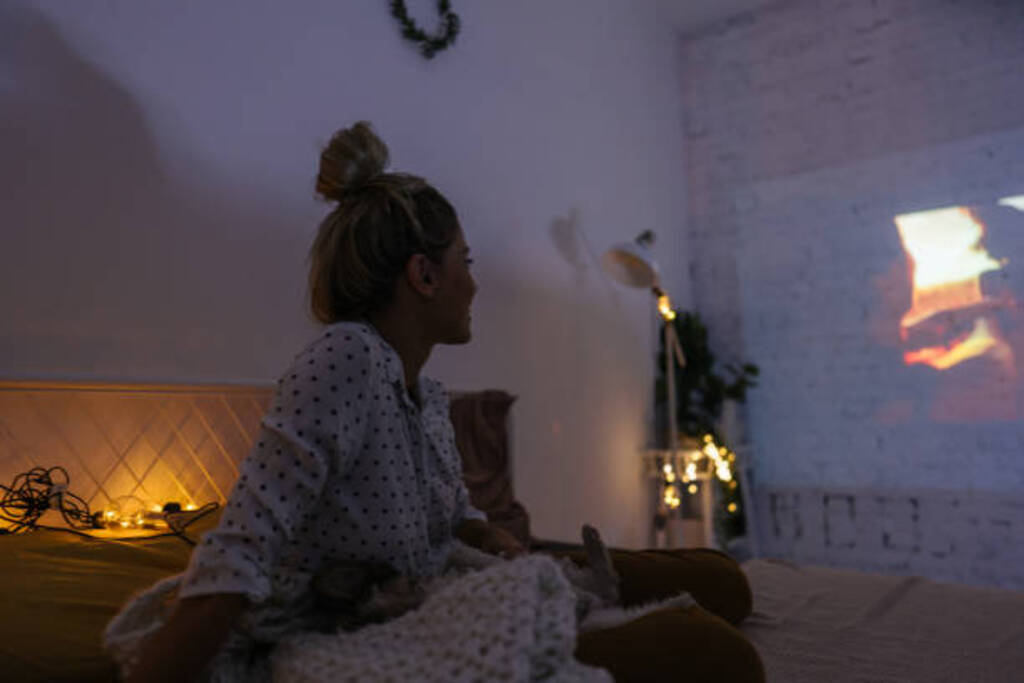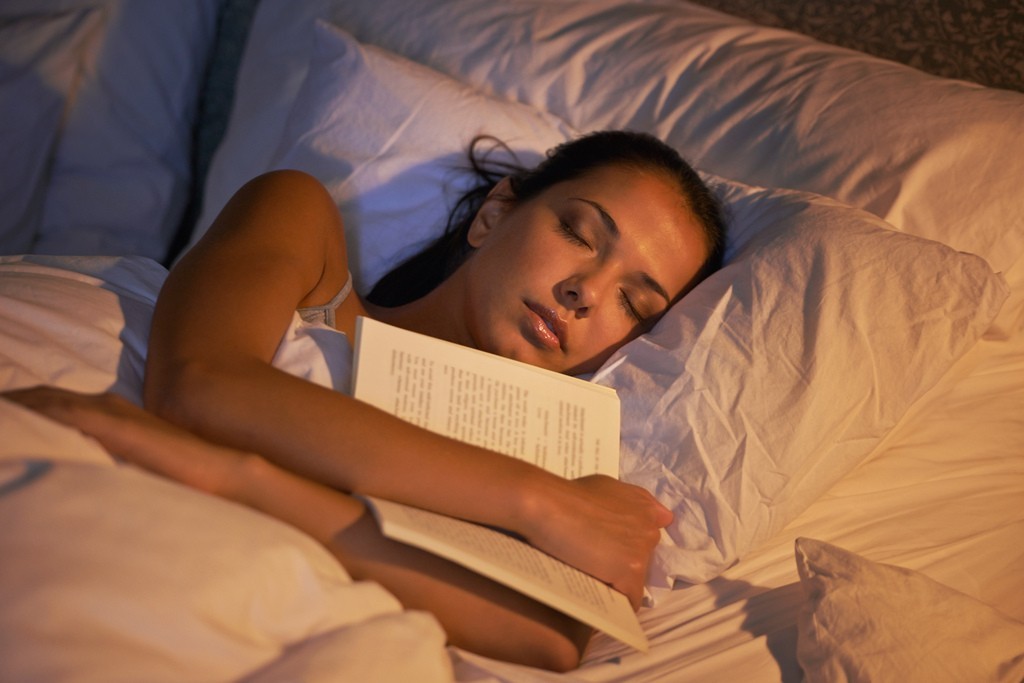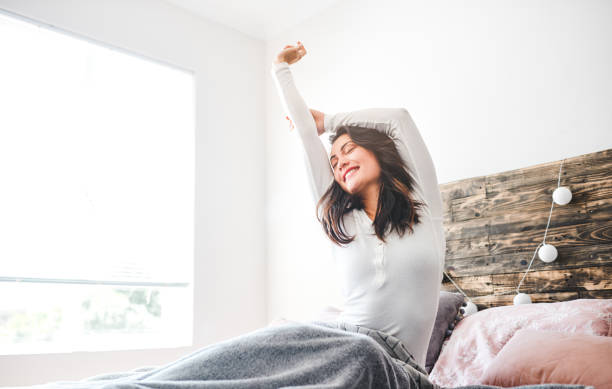
In order for your body to function at its best, getting enough sleep is just as important as the need for food, water and air. Without sufficient sleep, the systems of your brain and body won’t work as well as they should, which can also affect your overall quality of life.
We know that sleep is something that helps us function and feel our best; optimal, uninterrupted sleep can drive happiness, health and success. However, attaining good sleep is both an art and a science, and there’s an overwhelming number of people who have trouble sleeping.
Do you find yourself suffering from excessive sleepiness, frequent yawning, irritability or daytime fatigue? If so, it’s no coincidence that you’re reading this article. We’ve put together some fool-proof hacks that we trust will be worth your while. We’re also offering some exclusive suggestions to help supercharge your sleep and get you back on track to peak productivity.
Practice Good Sleep Hygiene
If you’ve been on the lookout for ways to set yourself up for better sleep, you may have come across the term ‘sleep hygiene’. This is a behavioural and environmental practice that’s one of the most straightforward methods to help people with mild to moderate insomnia. Bad habits may be to blame for persistent sleep problems. The good news is that experts believe you can unlearn these and instead re-learn healthier habits. This is where sleep hygiene comes in.
The goal of sleep hygiene is to take practical steps to sleep better. Have a read of some of our favourite hacks here:
- Maintain a regular sleep-and-wake schedule.
This type of schedule should be systematic and steady. It involves going to bed at the same time each night and waking up at the same time every morning. This will influence your natural body clock, which is responsible for feelings of sleepiness.
It turns out that our bodies like routines. Sleep expert and mental health nurse, Jane Bozier, has clarified how “differing bedtimes and a lack of routine confuses the body.” So, if you make an effort to stick to a bedtime schedule, even during weekends and holidays, you’ll be falling asleep faster while sustaining a strong sleeping habit. Consistency is key, after all.
- Block out sources of light exposure.
Who would have thought the absence of light would be so important? Well, when it comes to sleeping, it’s vital. One of our fundamental hacks is to keep your bedroom dark and free of distractions. While it may be tempting to check your social media or watch “just one more” episode of your current binge-worthy Netflix series, you should refrain from using electronic devices right before bed because the effects on sleep may be hugely damaging.
According to Sean Drummond, a Professor of Clinical Neuroscience, electronic devices can keep our brains overactive and alert by exposing us to too much blue light. He also explains that this type of artificial light can interfere with our sleep at any time – not just when we’re feeling stressed or preoccupied. This is because our brains associate blue light with daytime activity on a chemical level.
It’s recommended to switch off your devices at least an hour or two before bed, as this will prevent any artificial light from tricking your mind into thinking it’s daytime. This way, your body will also have a chance to recharge!
- Take care of your environment.
Looking after your bedroom is the next step for ensuring the right nighttime conditions. How you sleep matters, and so does creating a comfortable sleeping environment.
First of all, try to make sure the room is at a cool temperature (roughly 65 degrees Fahrenheit or 18 degrees Celsius) because staying cool is all-around healthier than sleeping in the heat. According to the University of Pittsburgh School of Medicine, being in a cool environment may help with insomnia symptoms.
For a restful night, try sleeping at an incline and invest in a mattress that’s not too hard or soft. A thorough clean and declutter of your surroundings will also set the tone for a calm and tranquil space. The best thing about this sleep hygiene tip is that you have free rein to style your own perfect setting for sleeping. Make it as snug as you like!

Try Relaxation Techniques And Activities
Following on from all things Zen, resorting to relaxation techniques and activities at the end of your day is a good way to wind down. Meditation, guided imagery, deep breathing exercises and progressive muscle relaxation all work wonders in terms of sleep preparation.
A hack that’s high on our list is a quick 10-minute meditation each night. It’s a time for reflection. Jane Bozier suggests that when we take a moment to become aware of what we’re thinking and how we’re feeling, we can release some of the stress that might otherwise keep us awake at night. Science shows how meditation significantly lowers stress levels and reduces anxiety. Guided imagery is also great for calming your nervous system and helping you drift off into a deep slumber.
How many times per day do you actually stop to take a conscious breath? Perhaps it’s taken for granted, but the act of taking slow, deep breaths reduces your heart rate, relaxes your body and quietens the mind. Mindfulness is an opportunity to ground yourself in the present moment and appreciate periods of stillness.
We would suggest spending an hour before bed doing soothing activities, such as reading, taking a bath or a little light yoga. Writing your thoughts down in a notebook is another effective way to offload pressure and reduce night-time worry. Anything to decrease tension and get you ready to fall asleep.

Figure Out Your Sleep Animal (Chronotype)
This nifty little hack explains why some of us stay up late like night owls and some of us rise like early birds. It explains the body’s natural tendency to fall asleep and wake up at certain times while influencing hormone levels, metabolic function and body temperature.
‘Chrono’ means ‘relates to time’ and thanks to Dr Michael Breus, a clinical psychologist and sleep expert, there are four chronotypes categorized by animals:
- Dolphin: If you have issues with falling asleep and frequently wake up during the night, you’re a light sleeper (otherwise known as a dolphin). During sleep, dolphins have half of their brain engaged at all times, helping them to stay alert and aware of predators. Only 10% of the population falls into this category. If you resonate, you’re prone to tackling your most demanding work between mid-morning and early afternoon.
- Lion: Your body will thank you for going to bed early if you’re a lion, as you like to wake up early. Power through the morning when you’re most alert before burnout comes around five o’clock.
- Bear: This is the most common category, making up 55% of the population! Bears follow the energy cycle of the sun and sleep easily. While you’re most productive in daylight hours, make sure to rejuvenate your body mid-afternoon when you start feeling an energy dip.
- Wolf: A classic night person is a wolf. Around 15% of the population may sleep in this way. You’ll characteristically be more reserved and introverted, go to bed nearer midnight and wake up later. You prefer being productive at noon or late afternoon once everyone else has clocked out.
So, what’s the science behind this? Your chronotype depends on the length of your PER3 gene and is influenced by genetic, environmental and age-related factors. The longer your PER3 gene, the earlier you rise. The shorter your PER3 gene, the more likely you can get by on less sleep.
Knowledge of these categories can help you tap into your internal clock with a better understanding of how to meet your body’s needs and control your sleep cycle. Working with it, instead of against it, may set you up for success when it comes to sleep.
Make Some Lifestyle Changes
Your lifestyle incorporates many elements – health, food, work, money, fun, relationships, fitness and creativity. Much like your chronotype, these are other influences that play a role in your sleep.
Giving up stimulants like caffeine, alcohol and nicotine (or at least avoiding them prior to bedtime) is a highly recommended lifestyle change as they can sabotage your sleep. Exercising regularly, especially in the sun, is fuel for deep sleep later at night. So is filling up on the right fats. Your brain is the fattiest organ in the body, so adding high-quality fats like grass-fed butter and coconut oil to your diet will assist your brain in repairing itself while you sleep.
If you feel ready to take your sleep routine to the next level, why not try Night Caps? These exclusive sleep capsules made by Yawns feature iconic botanical ingredients from all over the world (including Ashwagandha powder, Valerian root powder, Griffonia seed extract and Black pepper powder).

Final Thoughts
On days when you’re operating on little sleep, we hope that these hacks guide you to better understand your tendencies, and nurture your sleeping traits. As we’re committed to wellness, we’ve made sure to advocate safe and proven ways to influence your sleep, alertness and activity levels.
It’s not just about the amount of sleep you’re getting each night. You should also consider how satisfied you feel. Sleep is restorative for your mental abilities and emotional state, reducing those uninvited mood swings! Stress management will improve your overall health, so the key takeaways are to establish a routine while managing your energy levels and daily schedule. Ensure you’re getting enough physical activity and don’t skimp on your nutritional intake.
If you want to be stronger, healthier and happier, both internally and externally, then focus on supercharging your sleep. Good luck to all of our soon-to-be new and improved sleepers!